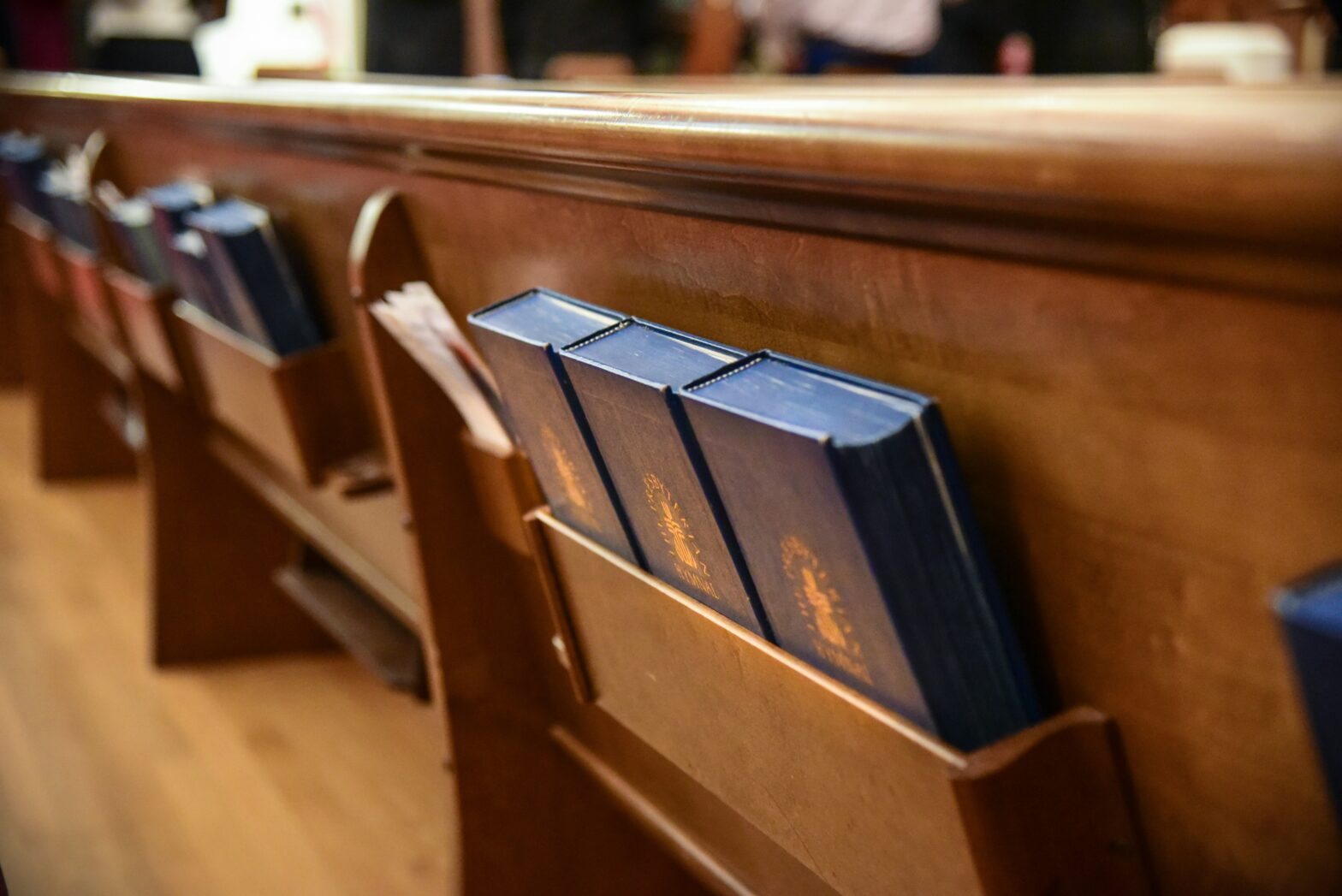The question of whether pastors should know what their congregation members give is a topic of debate for pastors and churches—with passionate defenders of each side. I began my pastoral ministry in 1997, as an inexperienced associate pastor firmly in the “I shouldn’t know” camp, But as I moved through the ins and outs of pastoral ministry–becoming a lead pastor, shepherding a congregation over time, leading capital campaigns–I realized that in order to pastor my congregation well, I did need to know.
I know this is uncomfortable for pastors and congregations. What a person gives is between them and God. It’s an intimate part of their life. Jesus, though, did not hesitate to talk about our relationship with money, wealth, and possessions. In fact, Jesus spent more time talking about our relationship with our resources than any other single topic in the gospels. Pastors, as shepherds of the flock, are charged with leading their members in every aspect of their discipleship–including their relationship with money. I grappled with this as I made my personal shift about knowing how much people give.
Here’s what changed my mind:
- Spiritual Discernment: Knowing what people give allowed me to discern where individuals are in their spiritual journey. We are called, as a part of following Jesus to pray, to serve, to worship, to grow deeper in our faith, and to give. Giving is an important aspect of one’s heart and commitment to God. By understanding giving patterns, pastors can encourage growth in faith and stewardship.
- Financial Planning: Pastors are responsible for the financial health of the church. Being aware of contributions helps pastors make informed decisions about resource allocation and prioritizing needs. I discovered that transparency about the church’s financial situation was essential for effective leadership.
- Gratitude and Celebration: Pastors can express gratitude and celebrate the generosity of givers. This isn’t showing favoritism. This is acknowledging their sacrifice and impact on the kingdom of God. Offering gratitude fosters a culture of gratitude. Further I found that celebrating and offering gratitude encourages others to give joyfully and faithfully.
- Avoiding Assumptions: Without knowledge of giving, pastors may make incorrect assumptions. For example, a shut-in who hasn’t attended church in years might be the most faithful tither. A wealthy businesswoman may give nothing. Knowing the facts prevents misjudgments.
Knowing what people give can be a helpful tool for pastors to fulfill their calling as shepherds. We don’t judge people on their giving—in fact I found that it did just the opposite for me. As a pastor the knowledge enabled me to offer better service, leadership, and appreciation of the congregation while glorifying God through stewardship.

